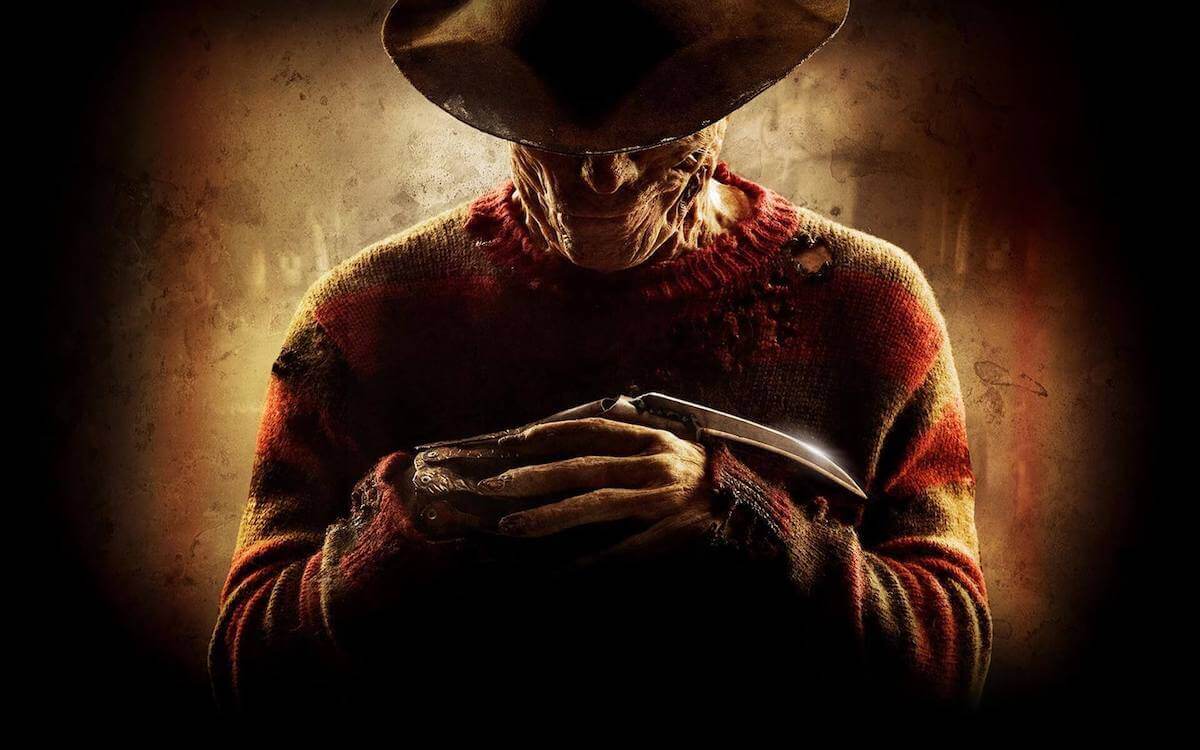Why are humans drawn to the horror genre? From books to film, we can’t seem to get enough of what scares us most. In this article, we will look at the definition of horror and why we enjoy the genre so much. We will also look at a brief history of American cinema and how horror has evolved over the years. While this article will provide a general definition of horror, the genre is open to interpretation. After all, what is horror to you, is Child’s Play to me.
Define Horror
The Horror genre explained
Horror is one of the most popular genres in storytelling. What began in literature can now be found in movies, television, theatre, and video games. The horror genre has been divided into many sub-genres with their own definitions and criteria. Before we get to those, let's define horror at a basic level:
HORROR DEFINITION
What is Horror?
Horror is a genre of storytelling intended to scare, shock, and thrill its audience. Horror can be interpreted in many different ways, but there is often a central villain, monster, or threat that is often a reflection of the fears being experienced by society at the time. This person or creature is called the “other,” a term that refers to someone that is feared because they are different or misunderstood. This is also why the horror genre has changed so much over the years. As culture and fears change, so does horror.
What are some defining elements of the horror genre?
- Themes: The horror genre is often a reflection of the culture and what it fears at the time (invasion, disease, nuclear testing, etc.).
- Character Types: Besides the killer, monster, or threat, the various sub-genres contain certain hero archetypes (e.g., the Final Girl in Slasher movies).
- Setting: Horror can have many settings, such as: a gothic castle, small town, outer space, or haunted house. It can take place in the past, present or future.
- Music: This is an important facet in the horror genre. It can be used with great effect to build atmosphere and suspense.
Horror Subgenres
Different types of horror movies
The horror genre has given birth to many sub-genres and hybrids of these various types. Each has its own unique themes, but all of them share one common goal: FEAR.
Found Footage
The point-of-view takes place from the perspective of a camera. Famous titles include The Blair Witch Project and Rec.
Psychological
This sub-genre focuses on the horror of the mind. What is real? What is madness? Two great psychological horror movies are Silence of the Lambs and Jacob’s Ladder.
Science Fiction
Focuses on the horror and consequences of technology. Monsters are often aliens or machines. Two great sci-fi horror movies are The Blob and War of the Worlds.
Slasher
The monster is a psychopath with a penchant for bloody murder. Often focuses on the punishment of promiscuous teenagers. Popular movies include Halloween and A Nightmare on Elm Street.
Supernatural
Focuses on the afterlife. Primary creatures include ghosts and demons. Great titles include Poltergeist and The Exorcist.
Vampire
One of the oldest horror sub-genres in which icons like Dracula feed on human blood. Some of the best vampire movies include Nosferatu and Interview with the Vampire.
Werewolf
When a full moon is out, beware of these beastly shape-shifters. The best werewolf movies include An American Werewolf in London and The Wolf Man.
Zombie
A group of survivors is usually attacked by a horde of flesh-eating undead. Night of the Living Dead is considered one of the best zombie movies along with 28 Days Later... and Shaun of the Dead.
A History of Horror Movies 1896-2018
Related Posts
Horror vs Thriller
The relationship of Horror and Thriller
While the two genres are often confused, there is a clear difference between horror and thriller movies. Horror movie rules demand violence and a monster that appears early and relatively frequently. The climax revolves around a final fight or an escape from the monster. The "monster" in horror is typically "unnatural" or even "supernatural," whereas thrillers tend to rely on human threats.
In a thriller, there is much more mystery and discovery. Tensions rise as the protagonist gets closer to discovering the evil threat. The climax revolves around a big reveal, such as the true intentions of the villain.
The two genres con blend, of course, such as the modern horror/thriller Get Out (2017). Something like Halloween might also be considered a crossover since the killer is human but he exhibits supernatural abilities — like how he never seems to die when he's "killed."
Now that we've covered our horror film definition, let's take a look back at a history of horror movies. Through the decades, the horror movie has evolved to reflect what we we fear the most, as explained in this video.
The Horror Genre and Cultural Fears
1930’s Horror
Horror and The Depression
The 1930s was a tough period for America. We were in the midst of the Great Depression and Americans were feeling more desperate than ever before. Despite the economic turmoil, people spent what little they had on entertainment, like movies. One of the first great American horror films that garnered much popularity was Dracula (1931), based on the novel by Bram Stoker. And it set the standard for the Best Vampire Movies thereafter.
But why was Dracula so terrifying? Americans were afraid of European influence. World War I ended only 13 years prior. The American mindset was still heavily influenced by the atrocities that took place. Combined with the influx of European immigrants, people were afraid of outsiders corrupting American culture. Someone had to be the scapegoat.
Another film that was a reflection of the fears of the time was Frankenstein (1931), based on the novel by Mary Shelly. This movie created a more sympathetic monster; one that was fleeing from the oppression of his creator.
Below is the original disclaimer that ran before the movie began. It is a warning played up for dramatic effect ("...it might even horrify you!").
Frankenstein Disclaimer
Americans felt as though they that their government had failed them. They blamed their leaders for their misfortune, much like how Dr. Frankenstein failed to protect his creation.
A recurring theme in horror is that the monster is often mankind itself. The villagers lashed out against something they didn’t understand, becoming monsters themselves.
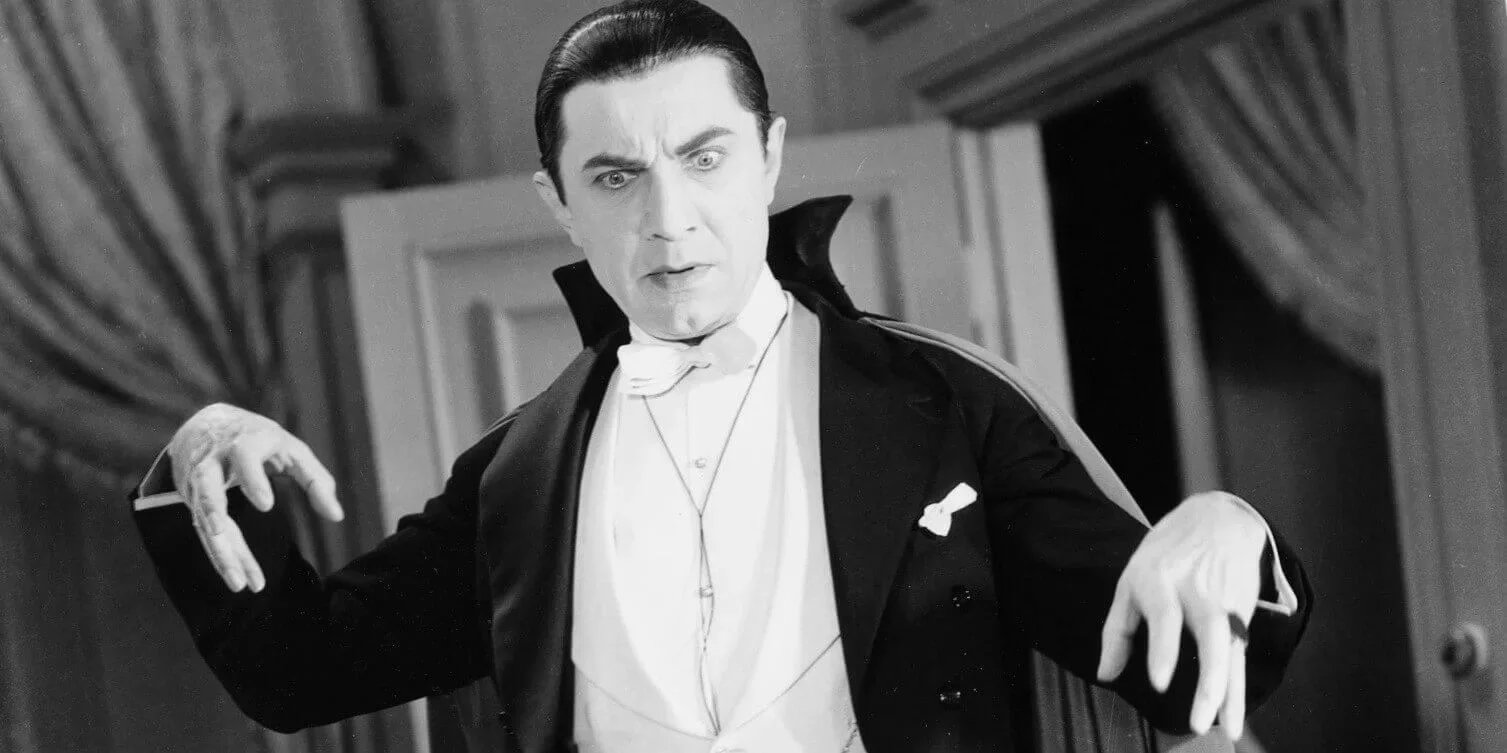
What is Horror? Dracula (1931)
1950s Horror
Horror in the '50s
World War II ended in 1945, but it left a huge mark on the world, both literally and figuratively. The use of nuclear weapons on Hiroshima and Nagasaki gave way to a new era of fear in the nuclear age. The consequences of mankind’s use of science and technology would become a common theme.
Often not thought of as horror, Godzilla (1954) is a Japanese film that came to America. It was a response to the bombs used by the U.S. In this story, an animal is transformed by nuclear radiation into a giant monster and terrorizes the country. With the advent of the nuclear age, many questions and fears were brought up with this powerful but dangerous energy source.
The monster movie has a rich tradition within the horror genre, dating back to the very first movies. Do yourself a favor and watch this documentary on the history of the monster movie.
History of the Horror Genre • Monster Movies
The 50’s also gave to the Red Scare and the fear of communism. The theme of invasion became prevalent in many monster movies. Science fiction would blend with the horror genre, giving birth to films such as War of the Worlds (1953) and Invasion of the Body Snatchers (1956).
In the first film, aliens begin an invasion of earth in a small town, indicative of a communist attack. In the second film, humans are replaced with alien duplicates, which represents the fear of communism overtaking democracy.
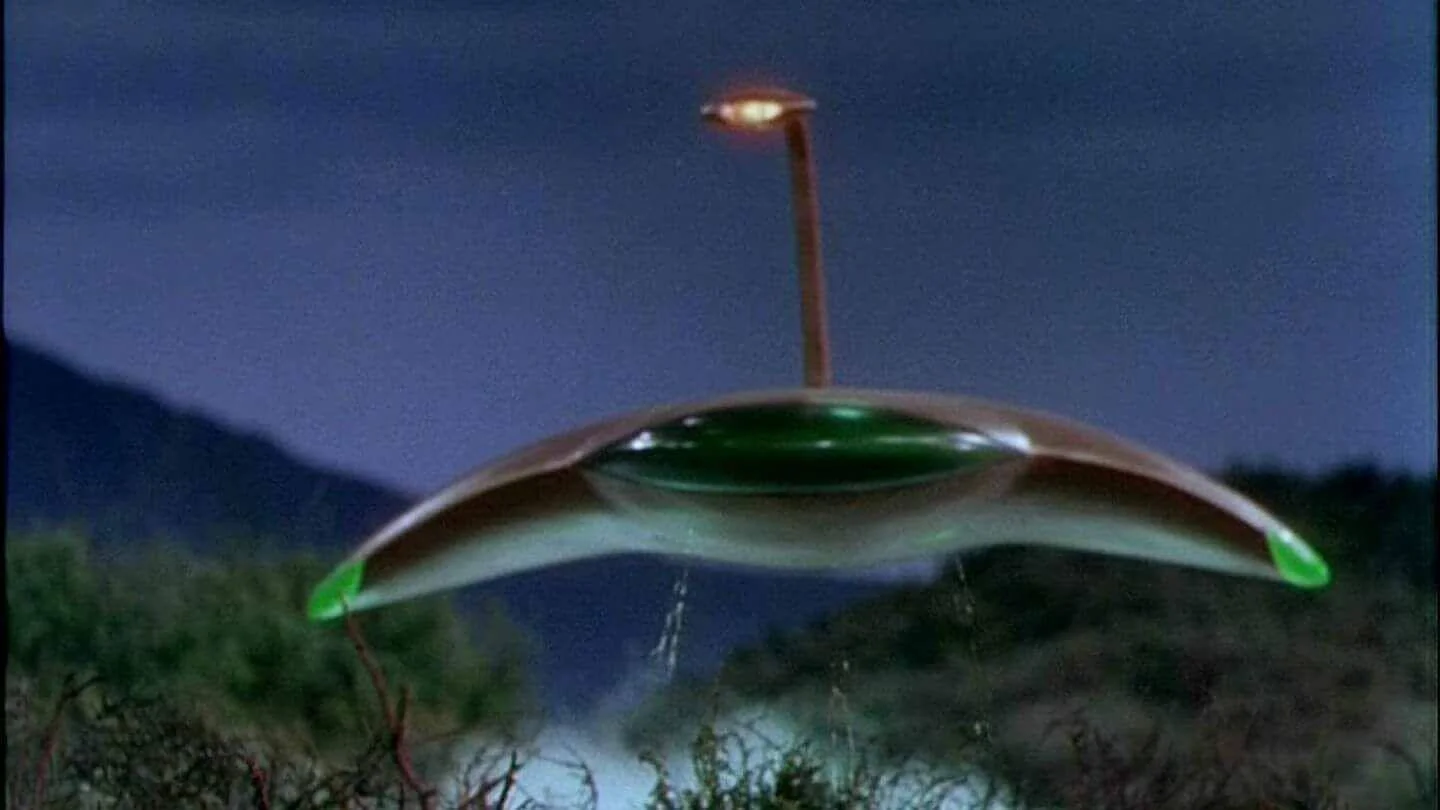
What is Horror? War of the Worlds (1953)
1960s-'70s Horror
When the monster became human
The 1960s-'70s was a period of uncertainty and violence for America. We were in the midst of the Vietnam War, a conflict that caused much controversy. For the first time, the U.S. was no longer in the right for a global conflict. The violence committed by men led to the fear of what we as a species were capable of.
Night of the Living Dead (1968) came as a result of this fear and uncertainty. The monsters, which looked very human, would mercilessly attack, kill and devour people. What made the zombies most terrifying was that they could take on the appearance of our loved ones. If we cannot trust our fellow human, who can we trust?
Thanks to a copyright error, Night of the Living Dead belongs in the public domain. That means you can watch it for free right now. Any self-respecting horror genre fan has to watch this movie.
Watch Night of the Living Dead in its entirety
The 70’s were also known for the increase in news coverage on serial killer murders. Media outlets reported on these maniacs as if they were celebrities. People were afraid of the monster next door coming by and killing them in their homes.
This gave rise to the first “slasher,” Halloween (1978). Despite appearing human, Michael Myers was an unstoppable killer that stalked his victims with murderous intent. Slashers grew immensely in popularity, even affecting movies that are not slashers.
The slasher sub-genre would also explore the subject of morality. The sexually promiscuous would be punished and violently murdered, while the moral “Final Girl” would survive to the bitter end.
One would think that these human monsters would drive people away from horror. But the blood-soaked films would make the genre more popular than ever.
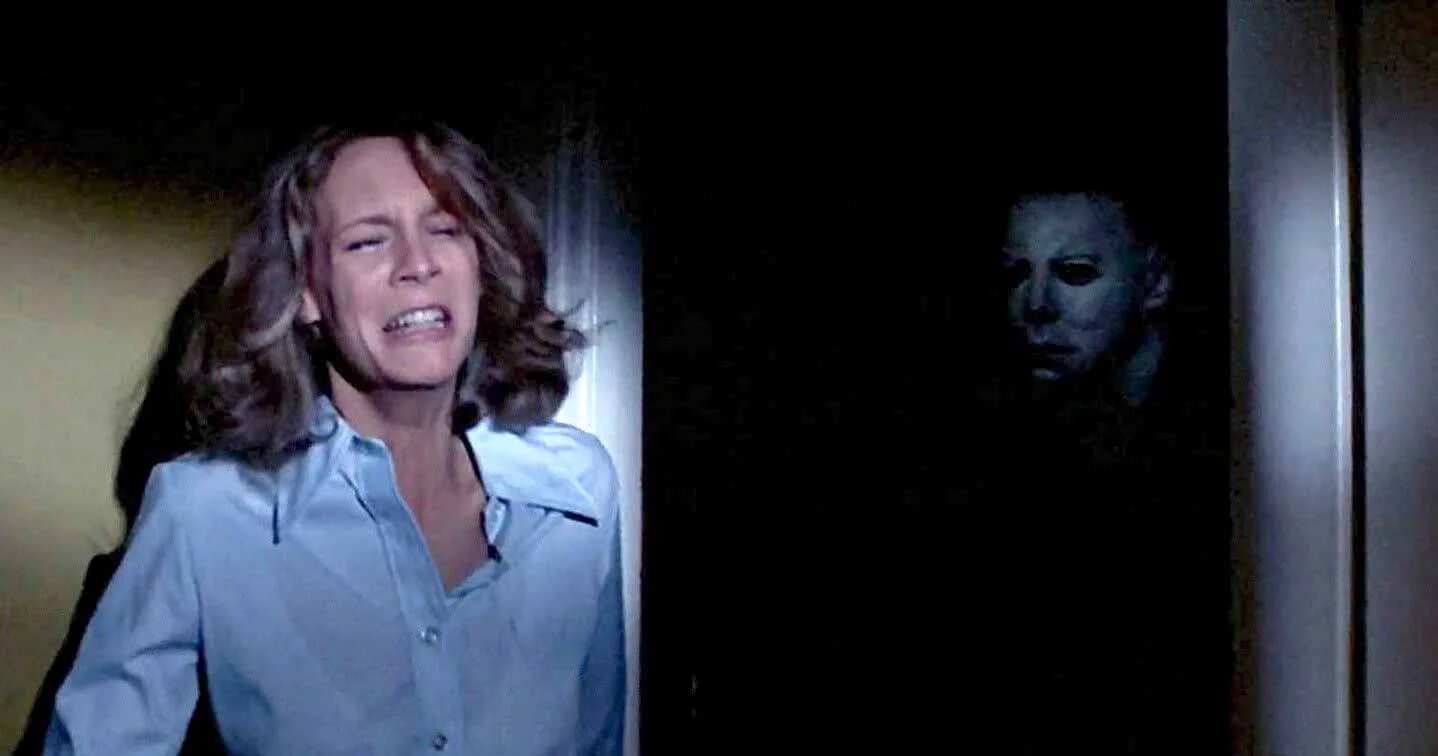
What is Horror? Halloween (1976)
Related Posts
1980s-'90s Horror
What is Self-Aware Horror?
Coming out of the serial killer era in the '70s, the '80s would continue the trend of slashers with a massive influx of these movies. Friday the 13th, A Nightmare on Elm Street and even Halloween would spawn numerous sequels, each one more absurd than the last.
Hitting a breaking point, the horror genre became more "aware" of itself in the form of Scream (1996). Though very much still a slasher, this film acknowledged the well-worn tropes established by its predecessors, such as the Final Girl.
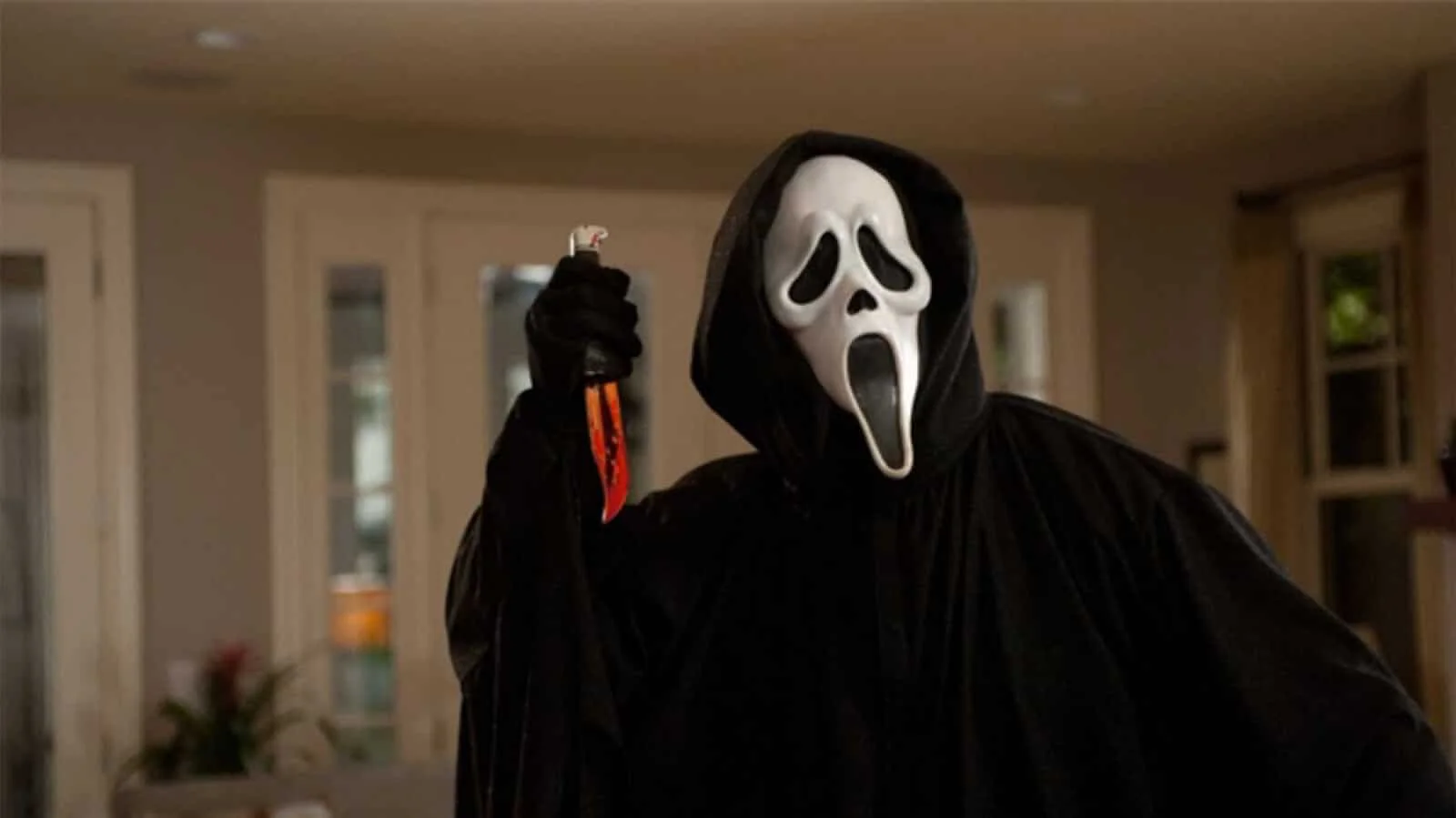
What is Horror? Scream (1996)
Buffy the Vampire Slayer (1997-2003) would take the trope of the weak high school girl and turn her into a monster killer. While the protagonist, Buffy, was killing vampires and other monsters, she and her friends would still experience the woes of being a teenager.
The '90s would also pave the way for a new sub-genre: found footage. The Blair Witch Project (1999) gave the audience the point-of-view of a camera, putting them in the shoes of the victims. This made the horror more personal for viewers, revitalizing the genre as a whole.
Horror Sub-genres • Found Footage
2000s Horror
When the horror film took a dark turn
After 9/11, the war on terror would spawn a generation of films that would redefine what horror is: torture. The prospect of psychos capturing and torturing their victims, both physically and psychologically proved to be a box office success.
Perhaps the most notorious of these is Saw (2004). In this film, a sociopath captures several people and forces them to play his sadistic games if they want to survive. This gruesome concept would spawn a plethora of sequels and copycats, flooding the market and coining a new term for the excess of violence: torture porn.
Global fears and international terror attacks made the end of the world seem more plausible. People became more fascinated than ever over the prospect of a catastrophe like a zombie apocalypse.
As such, the horror genre would reflect this with shows such as The Walking Dead (2010-present). How would any of us survive? How can something so overwhelming ever be stopped? As zombie movies grew in popularity, so did the number of movies. And as this video explains, what we now call "zombies" began as something quite different.
Horror Sub-genres • Zombies
The Future of Horror
What is horror today?
To say we live in a new world would be an understatement. The COVID-19 pandemic has changed the way we act, think and feel. Global culture as a whole has changed and it will continue to do so for some time. As such, expect the horror genre to reflect this evolution of fear. Don’t be surprised when an influx of movies revolving around isolation and global pandemics hits theaters.
There has been a sort of renaissance of horror movies in the last decade that has been quite excited to watch. Films like The Witch, It Follows and Hereditary have been dubbed "elevated horror" — a divisive term to say the least. Whatever we call them, they are all still really strong and effective horror movies. Here's a breakdown of Midsommar and how the shape of the horror genre continues to evolve.
How Ari Aster Uses the Background • Subscribe on YouTube
Related Posts
UP NEXT
The Best Horror Movies of All Time
We just covered a very broad horror genre definition and there is a lot more to explore. We've been talking a lot about the horror genre but now it's time to face our fears and actually watch some. Through the last century, across genre to sub-genre, from ghouls to goblins, here are the Best Horror Movies of All Time.
Up Next: Best Horror Movies →
Showcase your vision with elegant shot lists and storyboards.
Create robust and customizable shot lists. Upload images to make storyboards and slideshows.
